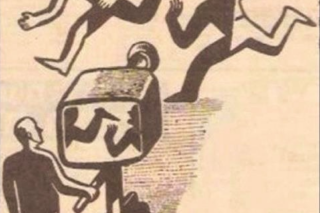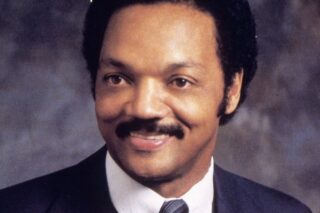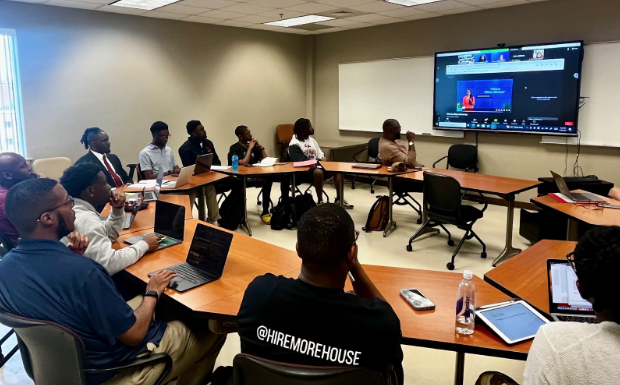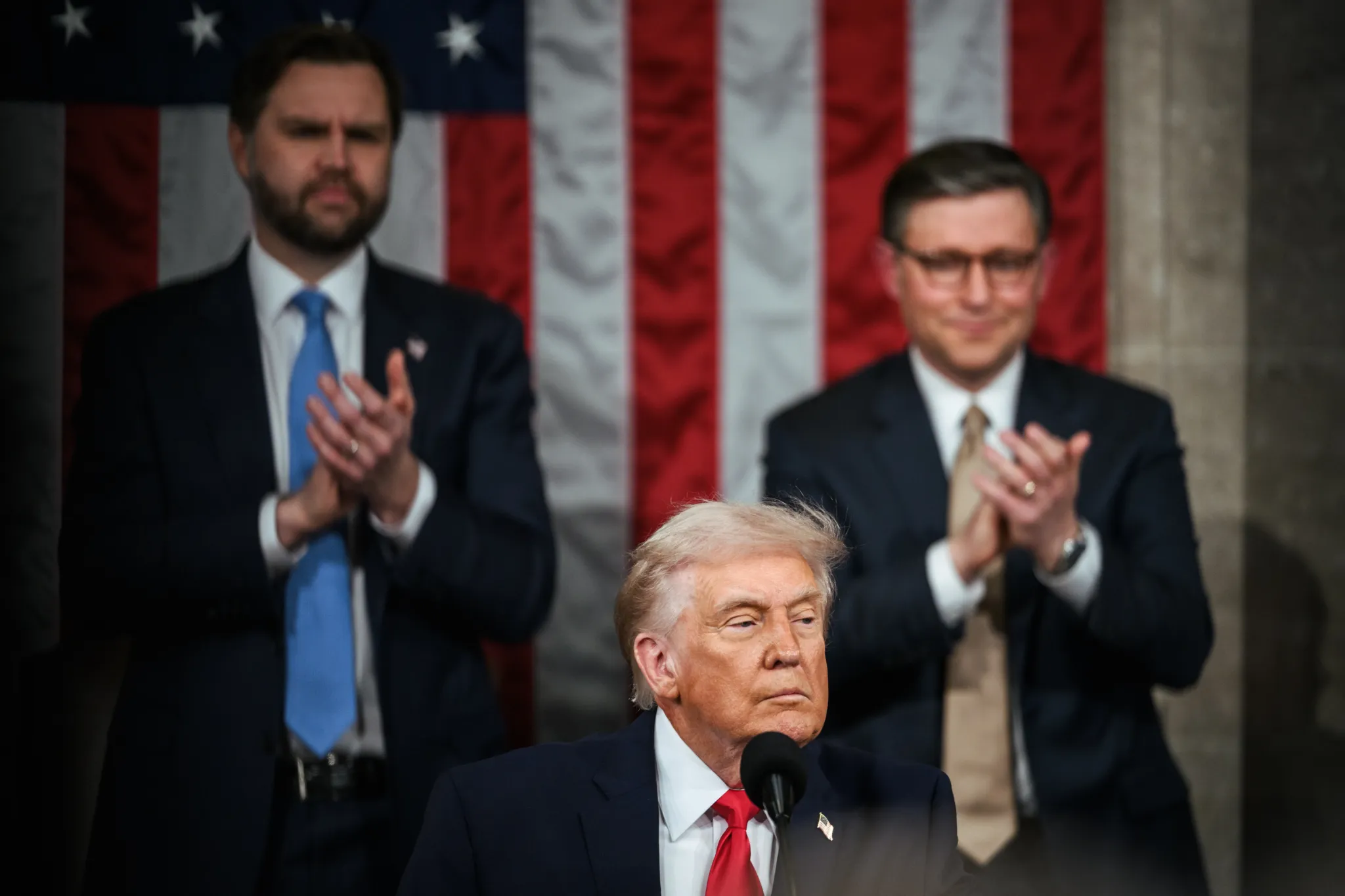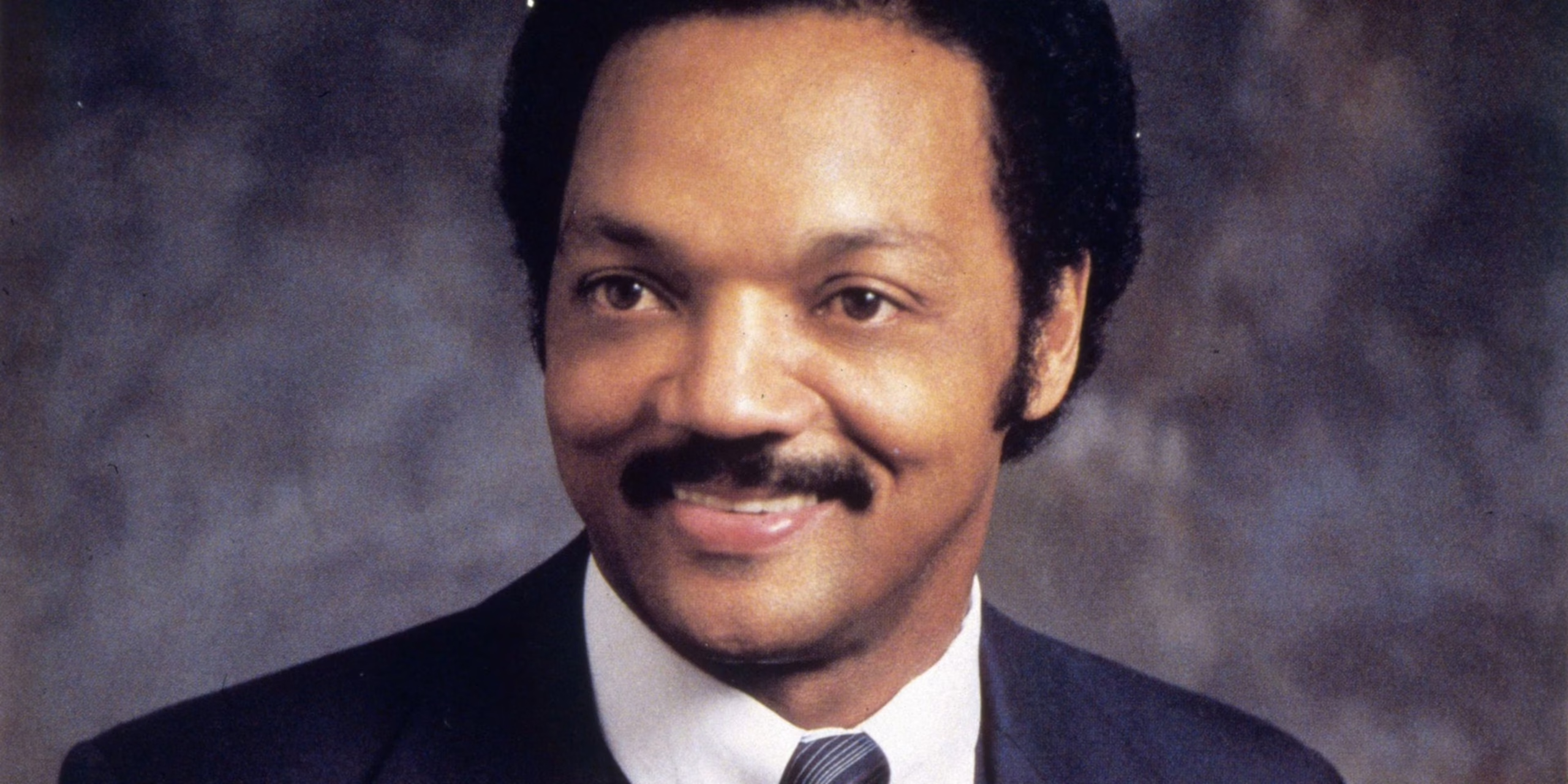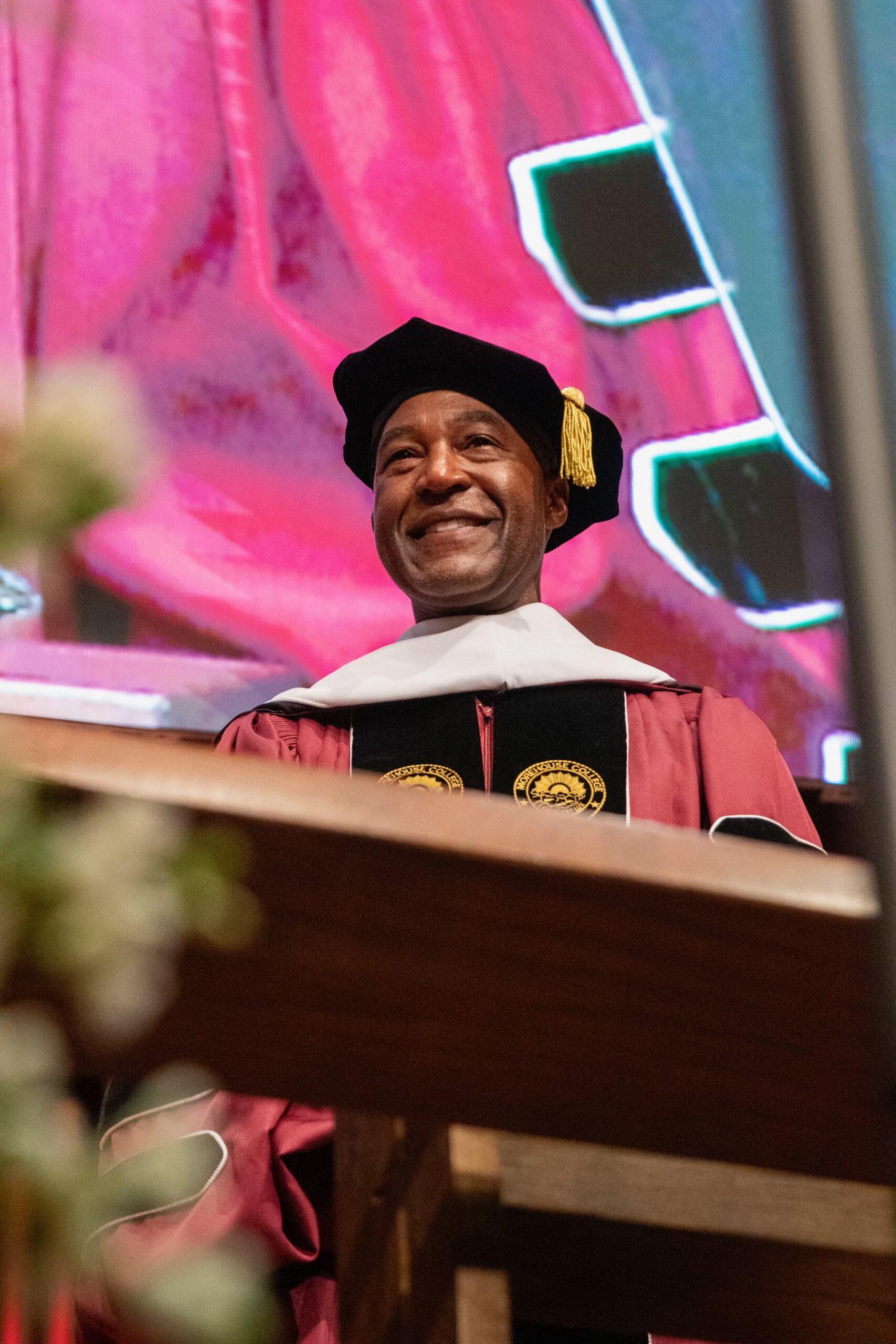Image via Truth Jackson
By: Truth Jackson, Staff Writer
Morehouse College students are embarking on an ambitious leadership and advocacy journey. The newly launched Morehouse Advocacy Reaching Capitol Hill program is more than an initiative; it’s a bold endeavor.
The MARCH program is preparing its students to travel to Washington, D.C., where they will address social and political issues impacting African-American communities through a blend of academic insight and poignant real-world narratives.
MARCH was meticulously crafted by Dr. Kendrick Brown, provost at Morehouse, and his dedicated team. Together, they have ushered in an innovative era at Morehouse by selectively appointing 12 student ambassadors to pioneer the program’s inaugural chapter.
In a fusion of academia and active policy reform, MARCH ambassadors will immerse themselves in comprehensive advocacy training as well as developing and refining policy proposals on important issues like fair housing and healthcare. They will go to Capitol Hill, engaging with Congress members, especially the Georgia delegation, to share their insights and seek collaborative solutions.
“What this is about is enabling men of Morehouse to have a chance to speak passionately and knowledgeably about issues they care about in the community,” Brown said. “And to have an opportunity to connect with members of the federal government and Congress, White House, and to be able to connect with alumni and friends of the college in the D.C. area.”
MARCH is not merely an educational endeavor but a strategic arm, facilitating Morehouse men to delve into the complexities of public policy, advocacy, and leadership within the national sphere. The ambassadors will undergo a rigorous, comprehensive training program, culminating in a visit to Capitol Hill.
Brown explained that Morehouse has a history of producing students who are passionate advocates for policy reform. The MARCH program molds this passion into a systematic, future-oriented approach, preparing students for impactful public policy advocacy, and social justice careers. He reminds the ambassadors of their vital role in representing the institution’s legacy.
“You all will indeed be ambassadors; you will be representing the college, its legacy, its traditions, its commitments,” Brown said. “When you’re in D.C., interacting with members of Congress, the White House, and men of Morehouse, [I expect that] you will display [your] intelligence, leadership, and commitment to service.”
Students stepping into the role of MARCH ambassadors find themselves carrying a mantle of expectation and representation. The mantle symbolizes the Morehouse legacy and the college’s enduring traditions. Caleb Cole, a junior History and philosophy double major, embodies the focused, empathetic approach the program advocates for.
“I want to get experience practicing advocating now to become a better advocate in the future,” Cole said. “I want to be someone who could advocate for those who can’t advocate for themselves.”
Through MARCH, Morehouse has intricately intertwined academic prowess with a conscious dedication to fostering socially impactful leaders. It is more than a program; it reflects a commitment to amplifying African American communities’ voices and implementing them within American society.
Dr. Levar Smith, a political science professor and a faculty advisor for the MARCH program, offered a glimpse into the future where Morehouse students are not mere policy advocates but storytellers of a narrative interlinking policy, community, and individual, sculpting a powerful advocacy narrative.
“I am excited to see how passionate they [the MARCH ambassadors] are about these topics, how they also blend in their narratives, and how they grapple with these issues,” Smith said.
Smith anticipated the inaugural ambassadors would truly represent Morehouse by being powerful policy advocates who would illuminate urgent issues affecting communities of color and HBCUs.
Brown conveys his staunch belief in the capabilities of Morehouse men, highlighting his high yet achievable expectations.
“I think the men of Morehouse are more than capable of showing the leadership, knowledge, intellect, and creativity necessary for [The MARCH] program to thrive,” Brown said.
Copy Edited: by Colin Royal, Managing Editor of Print




